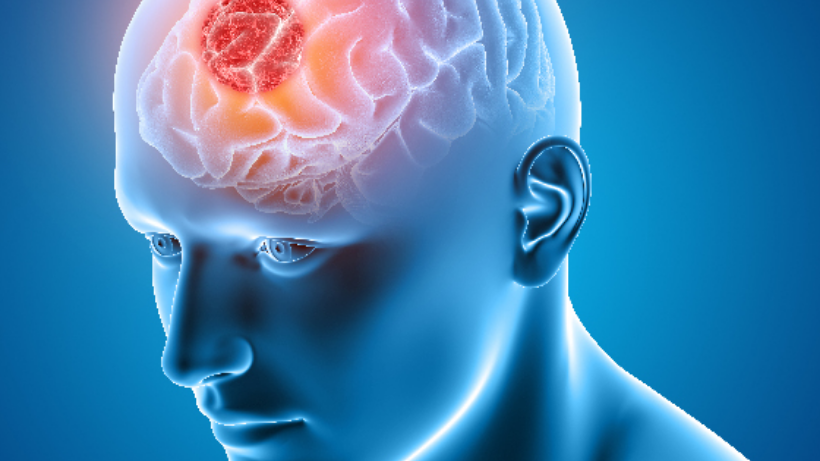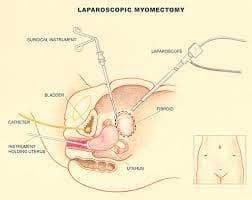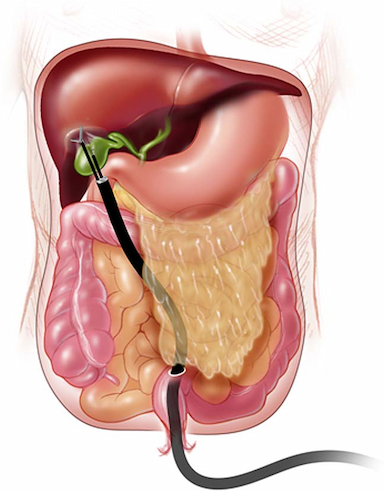
7 warning signs of a brain tumour one must know
21 Apr, 2022
 Healthtrip Team
Healthtrip TeamOverview
A brain tumor refers to a mass or lump that develops in the brain as a result of the abnormal multiplication of cells. Brain tumors can be benign or malignant, the latter being highly aggressive in nature. Although there is a wide range of medical treatment options available for patients with a brain tumor, it is believed that early medical intervention can help in the effective management of the same.
Transform Your Beauty, Boost Your Confidence
Find the right cosmetic procedure for your needs.

We specialize in a wide range of cosmetic procedures

What are brain tumors?
Brain tumors are the masses or lumps that develop as a result of the accumulation of unhealthy cells and tissues which are a result of abnormal growth and multiplication. This can develop in any part of the brain and can either be cancerous or benign. Cancerous brain tumors are also known as malignant tumors. These tend to grow at a very fast pace and are usually associated with serious and life-threatening complications after brain tumor surgery. Benign tumors, on the other hand, are not as aggressive, and most of these tend to grow after a certain point in time.
Our brain is enclosed within the skull, which has a fixed and rigid structure. The restricted space inside the skull is just enough for the brain, and any abnormal growth or mass is likely to take up some space, thereby putting excess pressure on your brain. This can disrupt the normal functioning of the brain.
Primary and Secondary brain tumors
Apart from the nature of the cells, brain tumors are also categorized on the basis of the area of origin, i.e. Primary and Secondary brain tumors.
Most popular procedures in
Laparoscopic Cystect
Upto 80% off
90% Rated
Satisfactory

Laparoscopic Myomect
Upto 80% off
90% Rated
Satisfactory

LAVH
Upto 80% off
90% Rated
Satisfactory

NOTE
Upto 80% off
90% Rated
Satisfactory

CABG
Upto 80% off
90% Rated
Satisfactory

Primary brain tumors are those that develop in the brain itself. These can originate in any part of the brain and during the brain cells, nerve cells, glands, and meninges.
Some common primary tumors include
- Gliomas, like astrocytic tumors and glioblastomas
- Pituitary tumors
- Pineal gland tumors
- Lymphomas of the primary central nervous system
- Primary germ cell tumors
- Meningiomas
- Schwannomas
Secondary brain tumors are those that spread to the brain from some other part of the body. This usually happens when the cancer cells break free from the tumor and enter the bloodstream, from where they are carried to different parts of the body, including the brain. Secondary brain tumors are always malignant in nature and spread through a process known as metastasis. Some common types of cancer that can spread to the brain include:
- Lung cancer
- Breast cancer
- Renal cancer
- Skin cancer
Also, Read - Cerebral Palsy Symptoms in Babies - Risk Factor, Prevention, Treatment
7 warning signs that shouldn't be ignored
Our body has its own ways of telling us that something is wrong. It is very important to recognize such signs and get them evaluated. Here are a few warning signs of brain tumors that call for the need for immediate medical intervention.
- Seizures - You are likely to experience seizures irrespective of the size of the tumor and these are triggered by uncontrolled electrical disturbance. The intensity and type of the seizures may vary from one person to another ranging from jerking to flexing, and even convulsions.
- Clumsiness - Since the tumor interferes with your brain activity, it is quite likely to interfere with your ability to perform certain tasks. You will become clumsier, and find yourself struggling with balance, remembering things, swallowing food, speaking, and controlling your expressions.
- Poor memory and thinking ability - Brain tumors can lead to a drastic shift in your behavior, as well as your ability to think or retain a piece of information. You'll often find yourself struggling with remembering small things and feel confused most of the time.
- Numbness - The tumor can impact your brain's ability to generate signals as a result of which, you will start experiencing numbness in certain parts of the body, which includes your upper and lower limbs.
- Feeling nauseated - If you feel like throwing up everything you eat and feel sick to your stomach, there is a possibility that it could be triggered by a brain tumor. It is important to consult a doctor immediately if you are not responding to any medication and experiencing the problem persistently.
- Problems with vision - As your brain controls your ability to see, it is quite natural that your eyesight is going to be affected if you have a brain tumor. You need to get yourself evaluated if your vision has become blurred or you are experiencing problems like double vision or loss of vision.
- Persistent headaches - It is quite natural to experience headaches once in a while, however, if you are experiencing throbbing pain in your head persistently, it could be an indication of a brain tumor. These are more common in the case of larger tumors.
Also, Read - 10 Best Brain Tumor Surgery Hospitals in India
How can we help in the treatment?
In case you are diagnosed with a brain tumor, we act as your guide throughout your treatment journey and will be present physically with you even before your treatment is started. We will provide you with the following
- The global network of 35 + countries, connect to renowned doctors.
- 335+ top hospitals, including Fortis and Medanta.
- Post-treatment support, 24/7 assistance.
- Teleconsultations at $1/minute.
- Trusted by 44,000+ patients.
- Access top treatments, and real patient insights.
- Prompt emergency assistance.
- Pre-scheduled specialist appointments.
We are committed to providing the best healthcare services to our patients. We have a team of trained and highly dedicated health experts who will be there by your side right from the beginning of your journey.
Brain tumors are treatable, but this is possible only if you watch out for the signs and get them evaluated at the earliest. These range from a change in behavior to clumsiness, and even frequent headaches. To explore your treatment options, get in touch with our experts today.
Wellness Treatment
Give yourself the time to relax
Lowest Prices Guaranteed!

Lowest Prices Guaranteed!